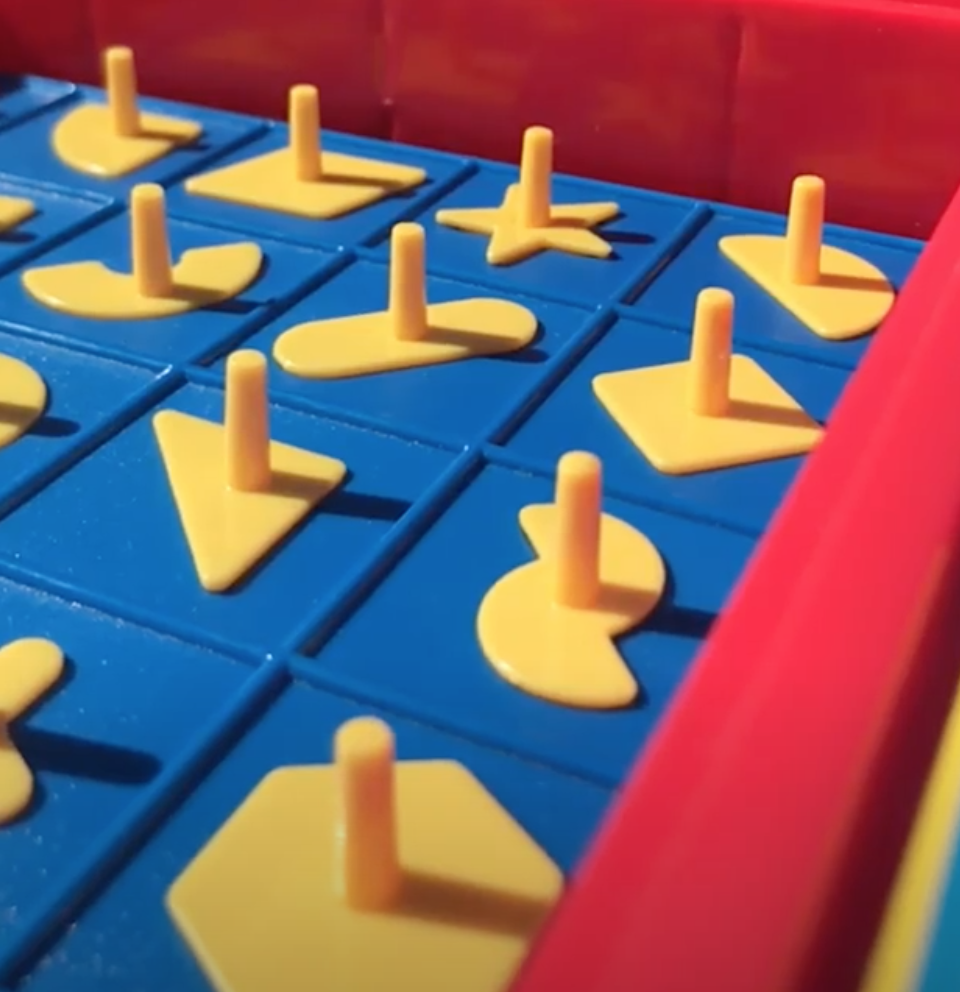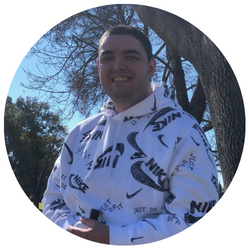As an AVM and Aneurysm survivor I was extremely fortunate to have been treated at one of the top hospitals in the country, The Nation Hospital UCSF- Benioff. I had amazing doctors, nurses and excellent physical, speech and occupational therapists. During my recovery, my therapists really tailored my therapies to the things I loved most before my stroke, even though I wasn’t able to do all of them.
My biggest passion was and still is sports. My therapists incorporated those things into my therapies. We played games like Jenga and Connect Four. As a result of my stroke, I was working to gain full function in my right hand. I would ask the therapist to use her left hand, which would encourage me to use my right hand. They made these games and other therapies as much fun as possible, given the circumstances. I think. I think this is so important and it was one of the things that made me want to keep going and keep trying.
When I was discharged I went to an outpatient recovery rehabilitation for all of my therapies. I went three times a week for three hours a day, back to back, with each of my therapists. I think the MOST important part to recovery is, as a patient, feeling comfortable and motivated. You need to feel comfortable and challenged. Connecting with the therapist is also important. We don’t always vibe with everyone and that’s ok, but YOU are the patient and you have every right to make sure you feel inspired to go.
When I first started at this new place I didn’t feel like I was getting anything out of my occupational therapy. My therapist just wasn’t someone I connected with, this is not saying anything bad about her. She was a very nice person, but it truly was the longest hour to get through every time I went. My Mom could tell and we talked about it. She immediately changed my OT and the new one was awesome and we clicked right away. I am someone who likes to joke around and when you are going through something like this, laughter is the best thing for you. Your therapists need to adapt to your likes and your way of engaging so that, as the patient, you are wanting to strive to get better.
One piece of advice I would offer to anyone in this type of situation would be to advocate for yourself. If you have difficulty with speech, like I did at that time, communicate with your family so they can help you get the most from your recovery.
Click the photo to learn more about Andrew Santos.

